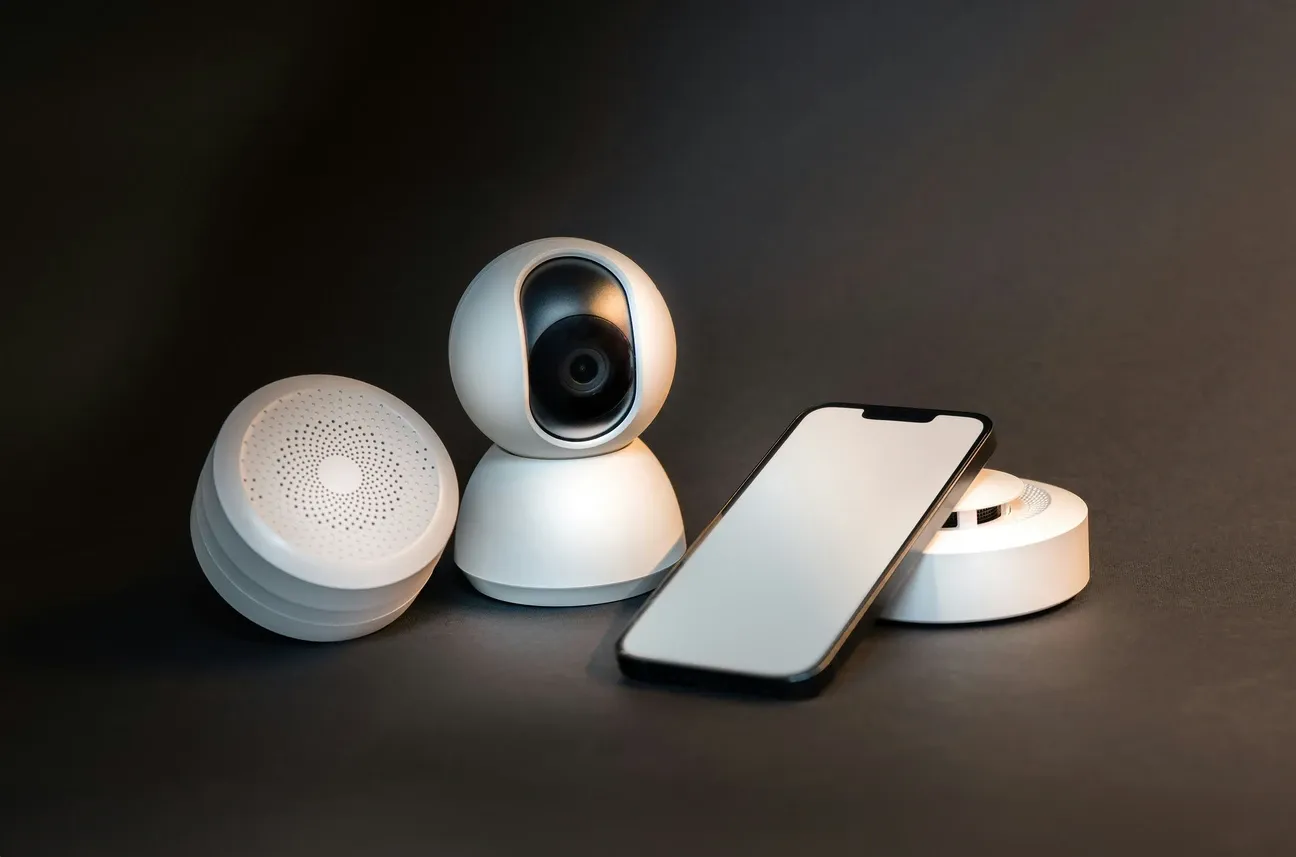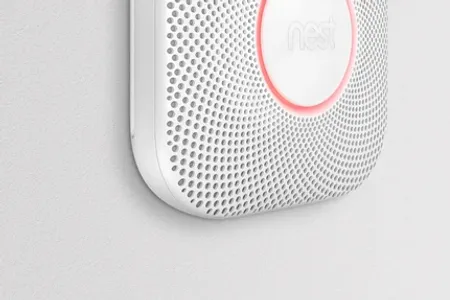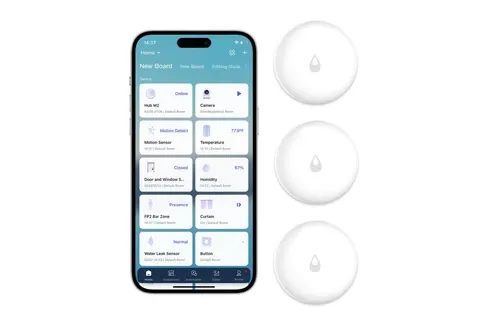Smart sensors play a crucial role in modern smart homes, offering automation, security, and energy savings. From detecting movement to monitoring temperature and air quality, sensors allow you to control your environment more effectively. With the right sensor, you can automate various devices, improve home safety, and even lower your energy bills.
Why Smart Sensors Are Essential for Home Automation
Integrating sensors into your smart home adds a new level of convenience and functionality. These devices can automatically trigger actions based on real-time data, eliminating the need for manual control. With sensors detecting everything from motion to humidity, you can build a fully automated home that responds to your lifestyle. For those looking to explore smart home options further, understanding the capabilities of these sensors is essential.
Benefits of Using Smart Sensors:
- Increased security: Use motion sensors to monitor unusual activity and get instant alerts.
- Energy efficiency: Control lights and appliances based on occupancy, reducing waste.
- Convenience: Automate everyday tasks with sensors that adjust to environmental changes.
Best Smart Sensors to Add to Your Smart Home
Whether you're looking to enhance your home’s security or improve its comfort, adding smart sensors is a great way to achieve that. Below are some of the most popular types of sensors for smart homes.
1. Motion Sensors
Motion sensors are commonly used in security systems and can trigger cameras, alarms, or lights when movement is detected. These sensors are perfect for monitoring entrances or outdoor areas around your home. They are also used to automate lighting, ensuring lights only turn on when someone is present.
2. Temperature and Humidity Sensors
A temperature and humidity sensor helps you maintain a comfortable environment by monitoring climate conditions within your home. These sensors can be connected to smart thermostats, ensuring that your heating or cooling systems adjust based on real-time data. It’s an excellent way to optimize energy consumption.
3. Door and Window Sensors
Door and window sensors add an extra layer of security to your smart home. These sensors detect when doors or windows are opened or closed and can send alerts directly to your smartphone. They are typically used in combination with smart security systems to prevent unauthorized entry.
How to Use Smart Sensors to Automate Your Home
Smart sensors allow for endless possibilities when it comes to home automation. By connecting your sensors to other smart devices, you can create a system that works seamlessly together to improve your daily life.
Here are a few ideas on how to use smart sensors effectively:
- Automate lighting: Use motion sensors to control your lights, turning them off when no one is in the room.
- Optimize climate control: Pair temperature sensors with your thermostat to maintain the perfect indoor temperature.
- Improve security: Install door and window sensors to receive real-time alerts if someone attempts to enter your home without permission.
How to Set Up Smart Sensors in Your Home
Setting up smart sensors in your home is simple and user-friendly. Most smart sensors can be easily connected to your home’s Wi-Fi network and controlled through a smartphone app. Here’s a step-by-step guide:
- Choose compatible devices: Ensure your sensors are compatible with your existing smart home system, such as Amazon Alexa or Google Home.
- Install the sensors: Place your sensors in strategic locations, such as doorways, windows, or rooms where temperature control is important.
- Pair with your smart home hub: Use your home hub or app to pair the sensors with other devices like smart lights, thermostats, or security cameras.
- Create automation: Set up triggers and routines in the app to automate specific actions based on sensor readings.
As you explore the different ways to configure your smart sensors, you’ll discover new automation possibilities, such as linking temperature sensors with fans or heaters. The more you explore, the more customized and intuitive your smart home setup will become.
Conclusion: Enhance Your Home with Smart Sensors
Incorporating smart sensors into your home automation system is a great way to improve security, comfort, and energy efficiency. With motion sensors, temperature sensors, and door and window sensors, you can create a truly intelligent home that responds to your needs. Whether you're automating lights, securing your home, or optimizing climate control, smart sensors provide the foundation for a modern smart home.


